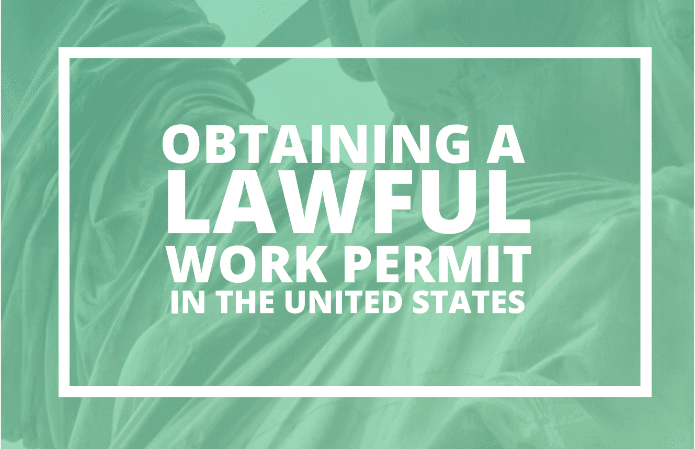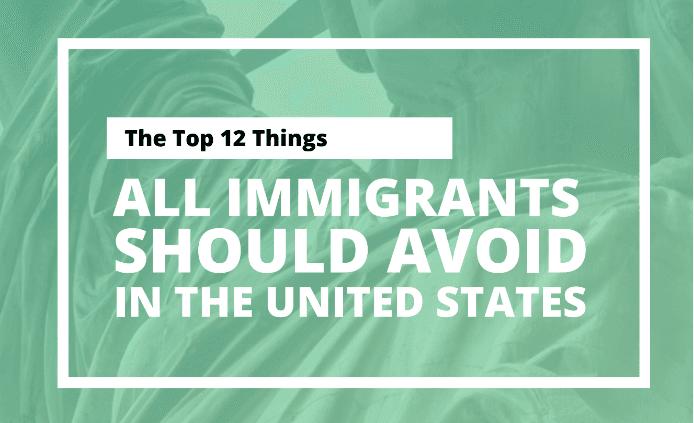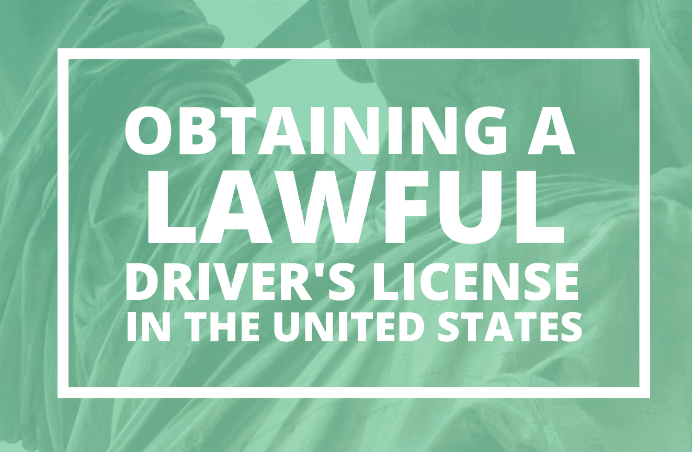
Sacramento Race-Based Asylum Attorneys
Compassionate Legal Assistance for Asylum Seekers in Sacramento, CA
If you are facing the daunting reality of persecution in your homeland due to your race, you may qualify for asylum protection in the United States. The path to asylum is intricate and fraught with challenges, which is why the skilled attorneys at Landerholm Immigration, A.P.C. are dedicated to guiding you through every step with the United States Citizenship and Immigration Services (USCIS).
Let us help you by calling (510) 491-0291 or filling out our online contact form today.
Understanding the Definition of "Race" in Asylum Cases
Race-based asylum claims refer to requests for asylum made by individuals who are fleeing persecution in their home countries based on their race or ethnicity. Persecution based on race can take various forms, including discriminatory laws or policies, violence, harassment, or systematic marginalization by state or non-state actors.
When individuals fear persecution due to their race or ethnicity, they may seek asylum in another country as a means of protection. Asylum is a legal status granted to individuals who have fled their home countries due to a well-founded fear of persecution based on factors such as race, religion, nationality, political opinion, or membership in a particular social group.
To qualify for asylum based on race, applicants must demonstrate that they have been or will likely be subjected to persecution in their home country because of their race or ethnicity. This may involve providing evidence of discriminatory treatment, threats, violence, or other forms of harm they have experienced or fear they will face if they return.
Race-based asylum claims are evaluated based on the principles outlined in international refugee law and domestic asylum laws of the country where the claim is made. Governments and asylum adjudicators assess the credibility of the applicant's fear of persecution and the conditions in their home country to determine whether they meet the criteria for asylum protection. If their claim is successful, they are granted asylum status, which allows them to remain in the host country and access certain rights and protections, including the right to work and live without fear of deportation to their country of origin.
How Asylum Can Lead to U.S. Citizenship
In the United States, asylum can eventually lead to citizenship through a process that involves several steps:
- Asylum Application: Individuals fleeing persecution in their home countries can apply for asylum in the United States if they meet the criteria outlined in U.S. immigration law. To qualify, they must demonstrate a well-founded fear of persecution based on factors such as race, religion, nationality, political opinion, or membership in a particular social group.
- Approval of Asylum Status: If their asylum application is approved, individuals are granted asylum status, allowing them to remain in the United States and obtain certain benefits, such as the right to work and protection from deportation to their home country.
- Adjustment of Status to Lawful Permanent Resident (Green Card Holder): After being granted asylum, individuals can apply to adjust their immigration status to that of a lawful permanent resident (LPR), commonly known as a green card holder. They can typically apply for adjustment of status one year after being granted asylum. This process requires meeting additional eligibility criteria, such as passing a background check and demonstrating that they have not abandoned their asylum status.
- Naturalization: Once individuals have held LPR status for a certain period of time, typically five years, they may become eligible to apply for U.S. citizenship through naturalization. However, for refugees, there is an expedited pathway to citizenship, which reduces the residency requirement to three years from the date of obtaining LPR status. To qualify for naturalization, applicants must meet additional requirements, including demonstrating good moral character, passing an English and civics test, and taking the Oath of Allegiance.
- Citizenship: Upon approval of their naturalization application and taking the Oath of Allegiance, individuals become U.S. citizens, with all the rights and responsibilities that citizenship entails, including the ability to vote, travel with a U.S. passport, and petition for family members to immigrate to the United States.
Building a Strong Case for Racial Persecution
- Document and analyze the language in your country's legislation regarding race
- Outline the historical treatment of your race and its impact on current persecution
- Gather credible news sources and media reports that corroborate instances of racial persecution
- Complete and submit Form I-589, Application for Asylum and Withholding of Removal
- Collect witness statements and personal narratives to reinforce your claim
Navigating U.S. asylum laws can be overwhelming. By partnering with a Landerholm Immigration attorney, you can ensure that your application is robust and well-documented. Our team has a wealth of experience in protecting the rights of immigrants and advocating on their behalf.
For a personalized evaluation of your case, contact Landerholm Immigration, A.P.C. at (510) 491-0291. Our commitment extends throughout the Bay Area, offering a beacon of hope to those in need of asylum due to racial persecution.
-
“First time when I came to this office, I was hoping these guys could help me with my case. I was scared, crying, I didn’t want to go back to my country.”- Sedina B.
-
“I felt in general that the staff was very efficient and helpful. Norberto was very knowledgeable and helpful at all times and kept me informed about each step as I went through the process.”- Tsutomu K.
-
“First of all, I thank the Landerholm office that work hard on my case, that seemed impossible for me to achieve. Jimmy gave me a lot of hope, made me feel confident that I could get my residency.”- Luz S.
-
“Thanks for all your support and help! Best wishes.”- Roberto S.
Our Guides
Free Immigration Guides: Downloadable Resources to Support Your Journey
-
 Obtaining a Work Permit
Obtaining a Work Permit -
 Be a Prepared Immigrant for Trump's 2nd Term
Be a Prepared Immigrant for Trump's 2nd Term -
 12 Things Immigrants Should Avoid
12 Things Immigrants Should Avoid -
 Obtain a Lawful Driver's License
Obtain a Lawful Driver's License -
 Win Despite Immigration Fraud Allegation
Win Despite Immigration Fraud Allegation -
 12 Benefits of Hiring Us
12 Benefits of Hiring Us -
 Obtain a Marriage/Family-Based Green Cards
Obtain a Marriage/Family-Based Green Cards







